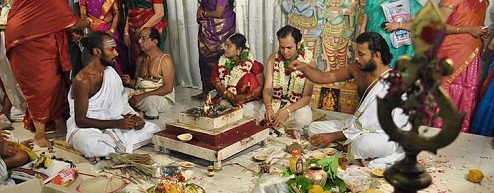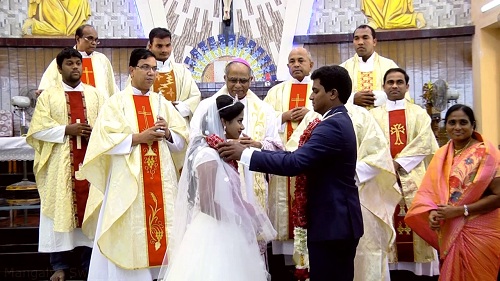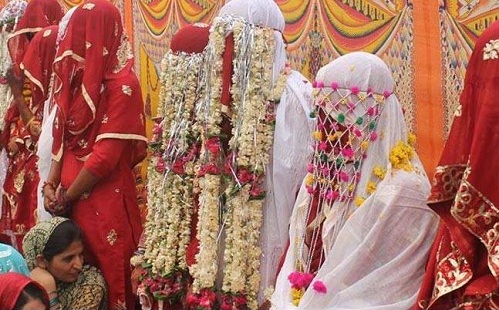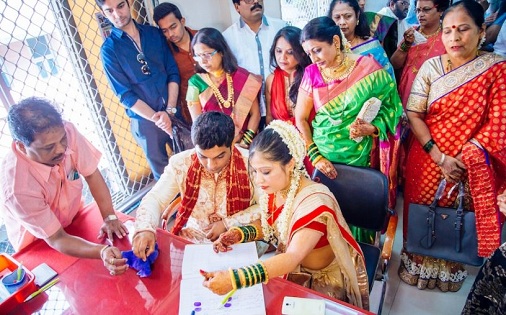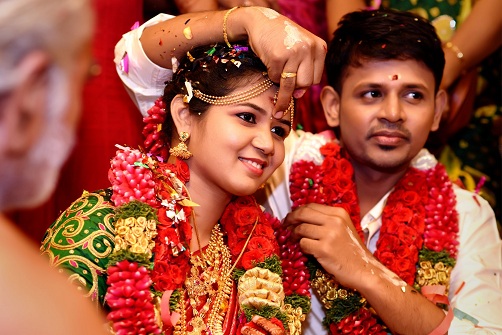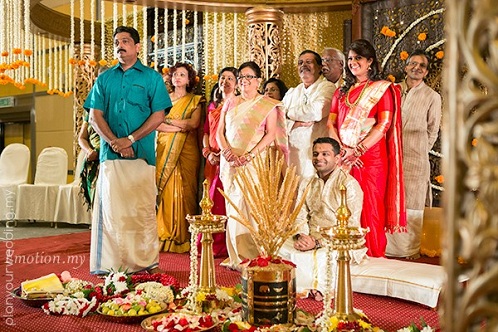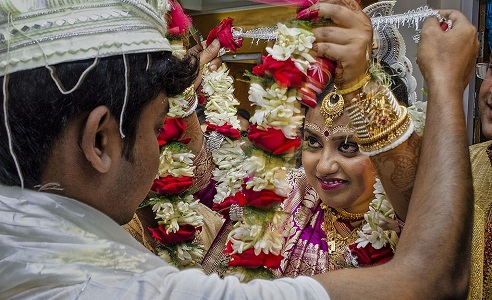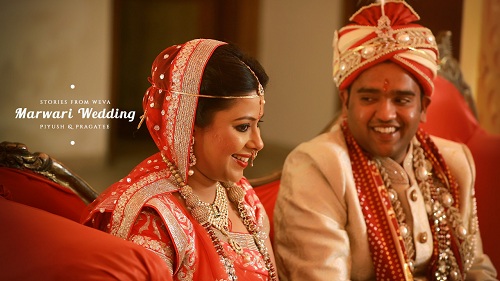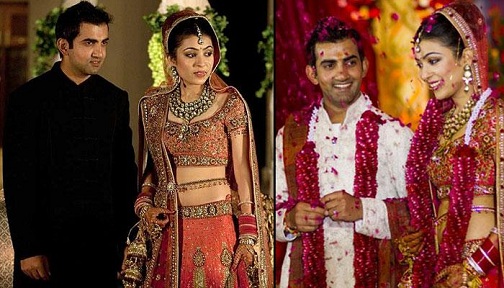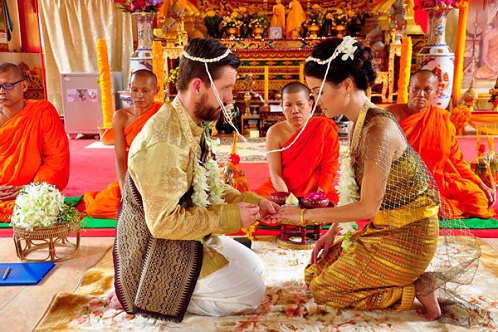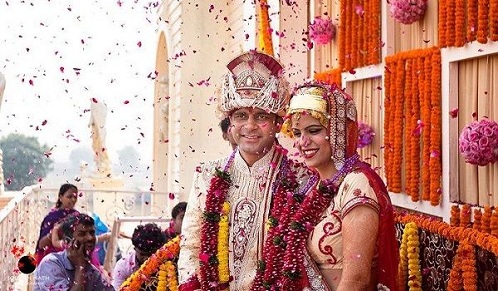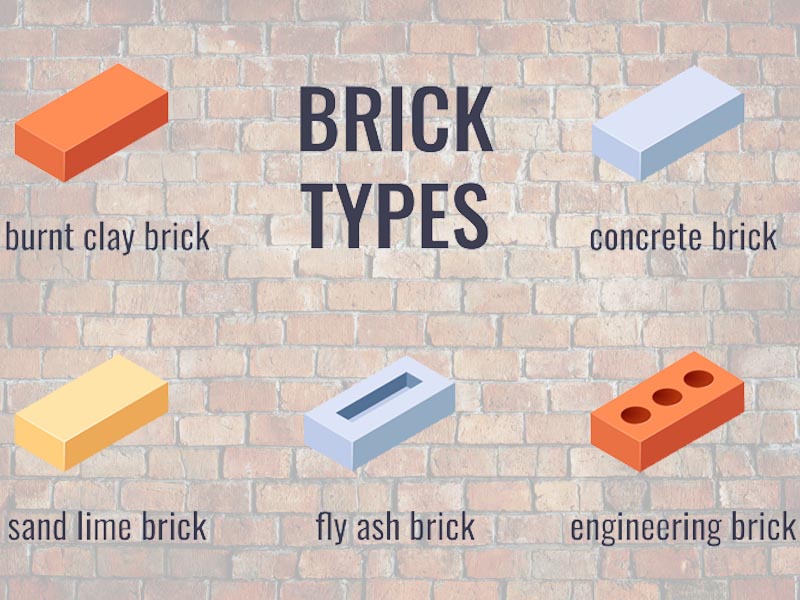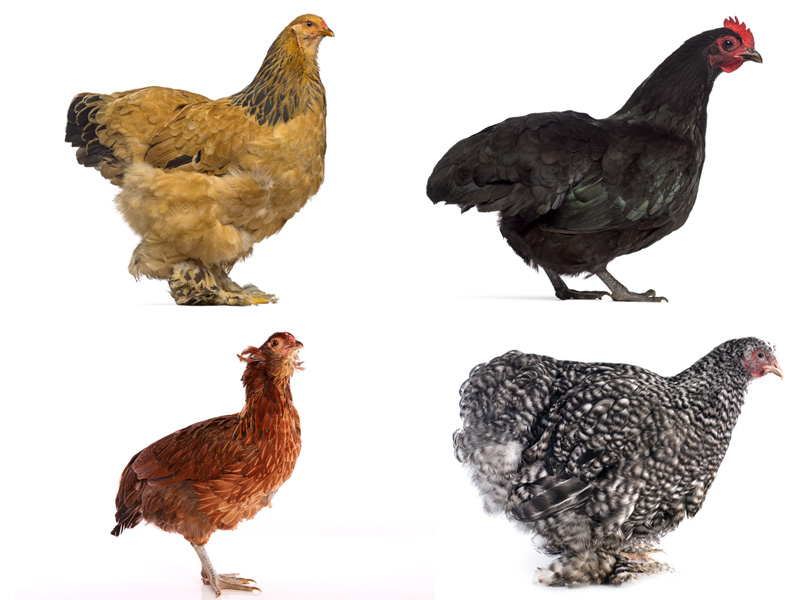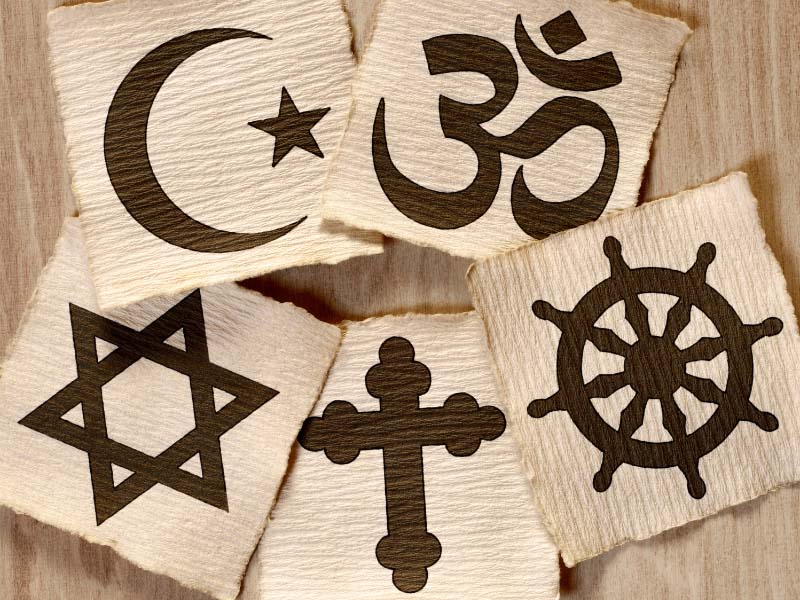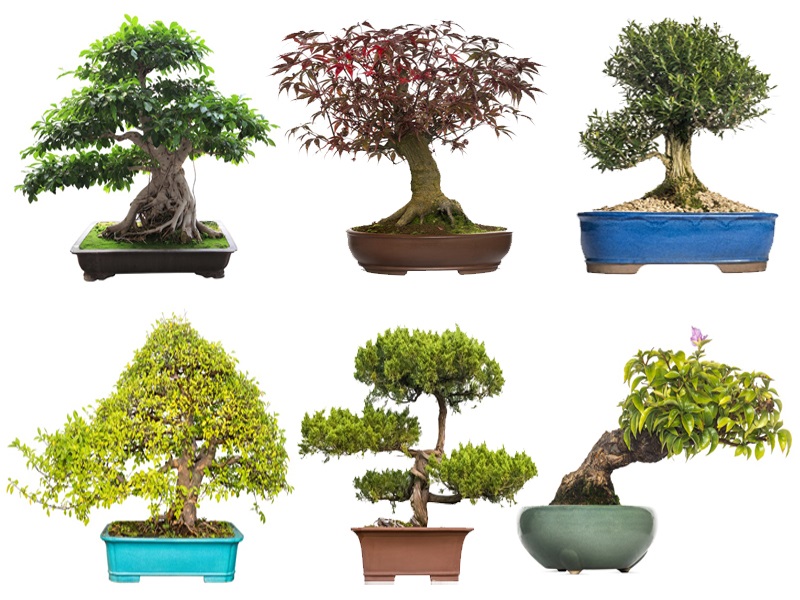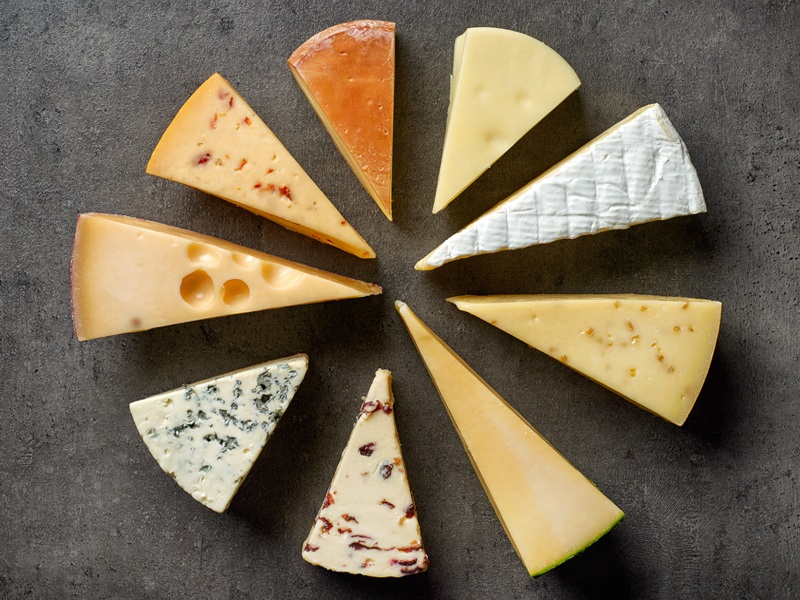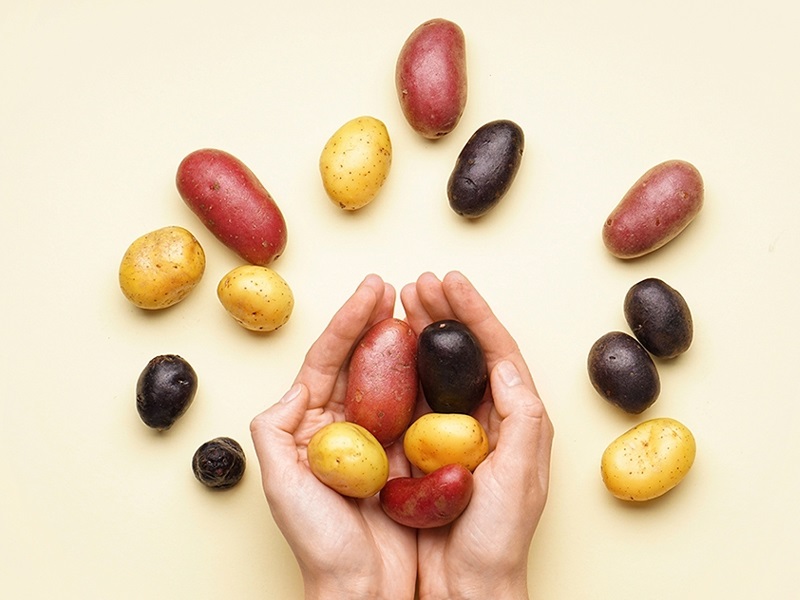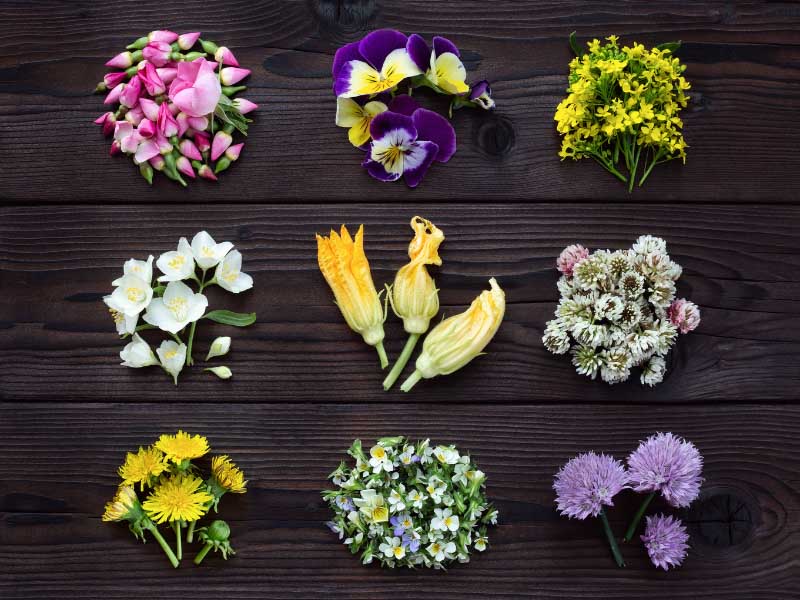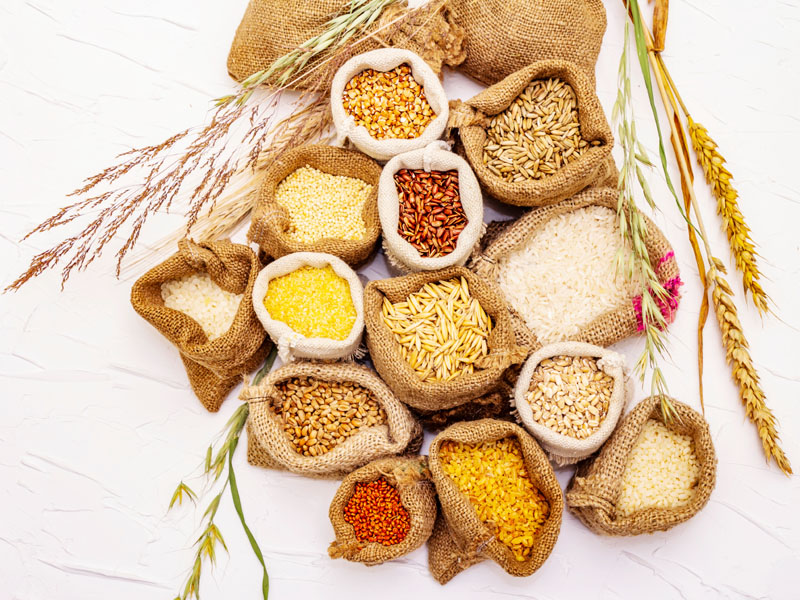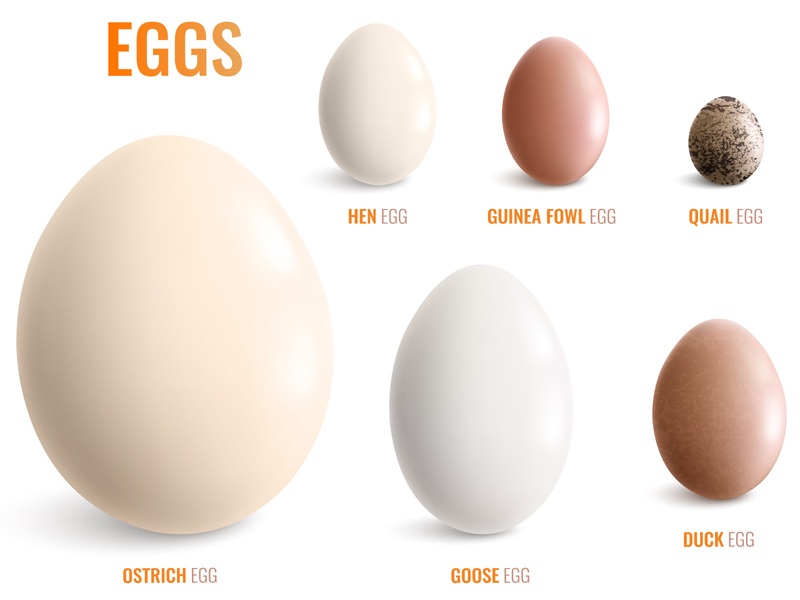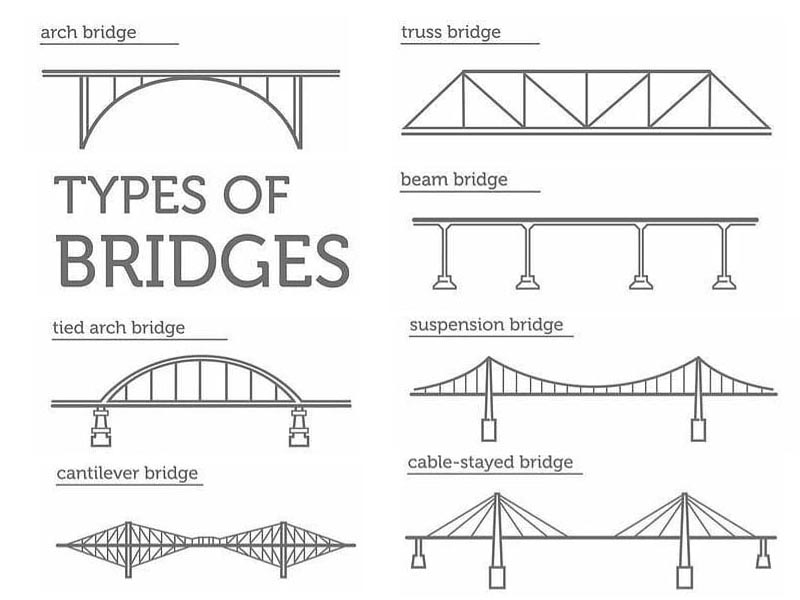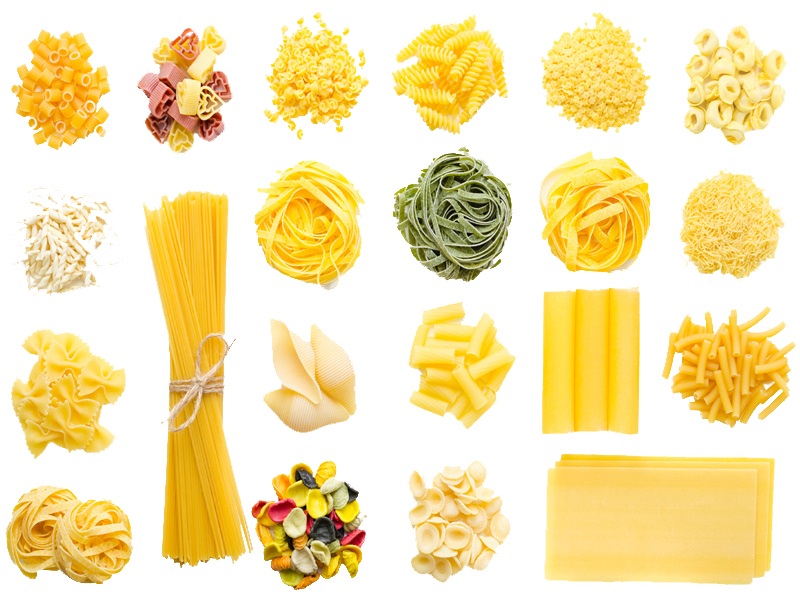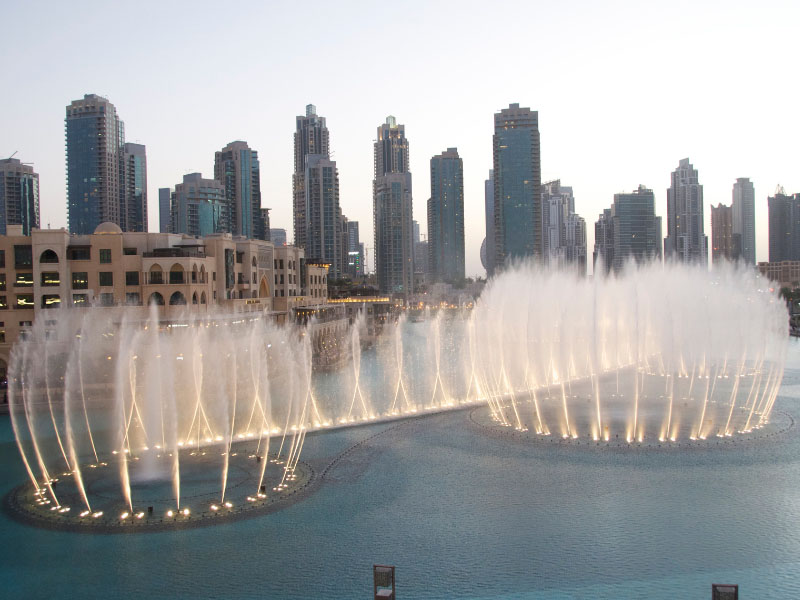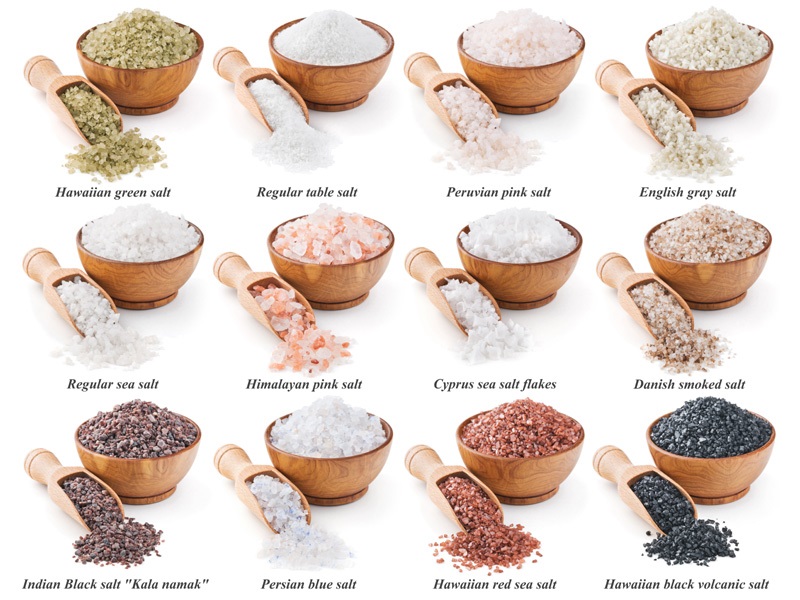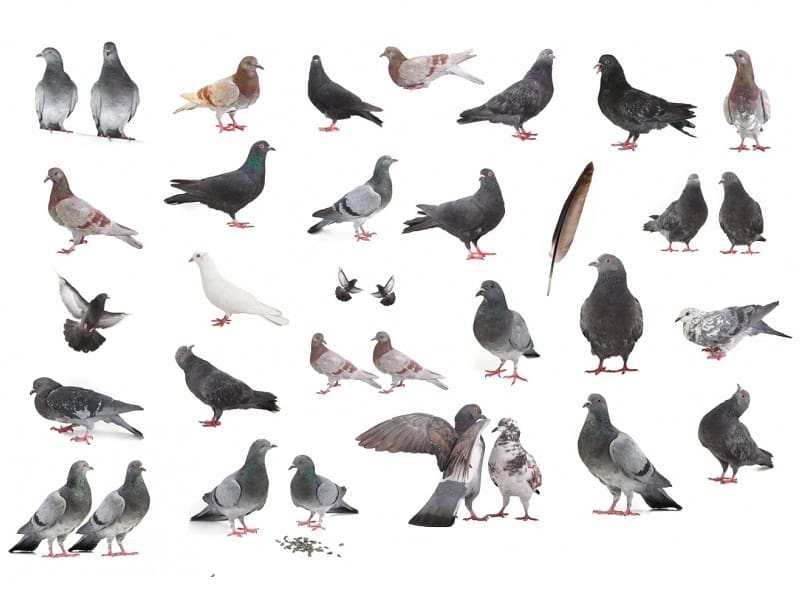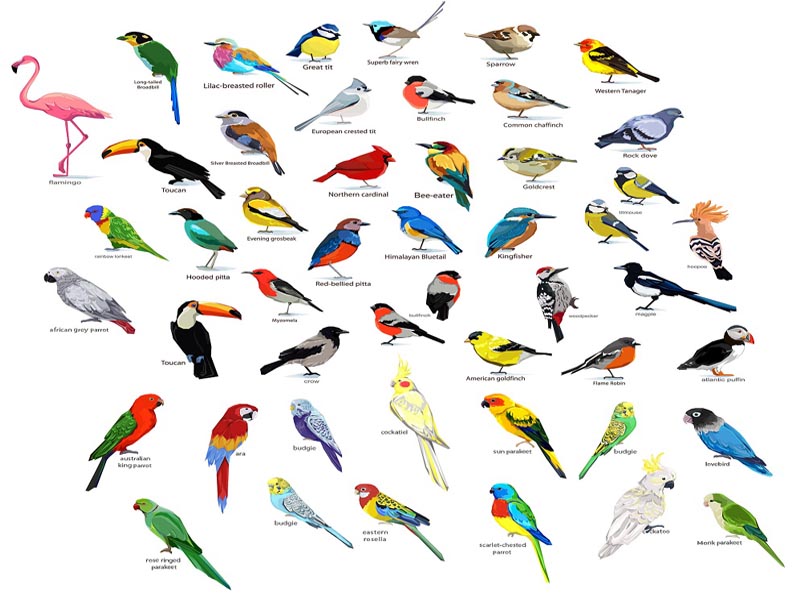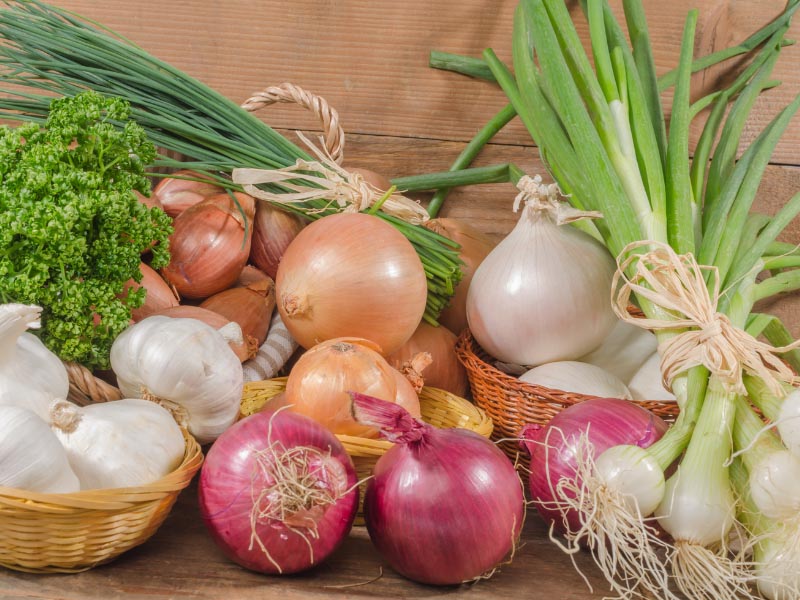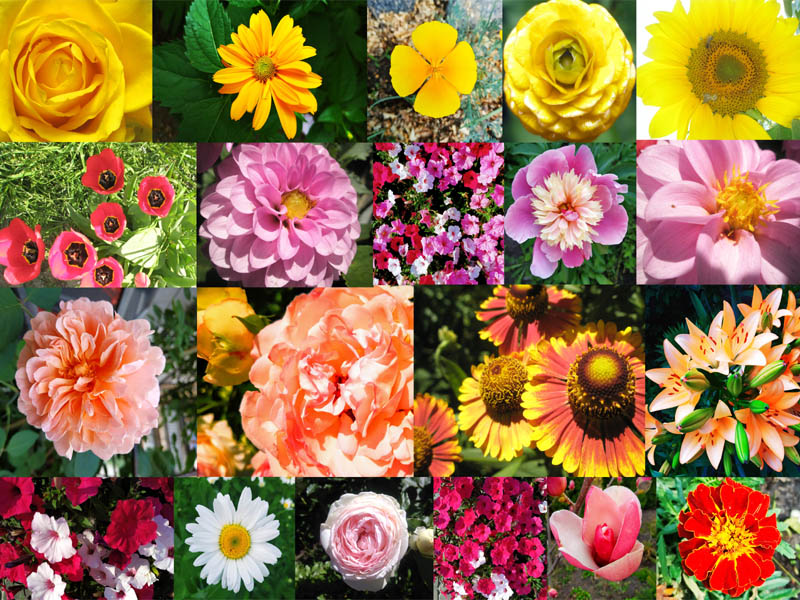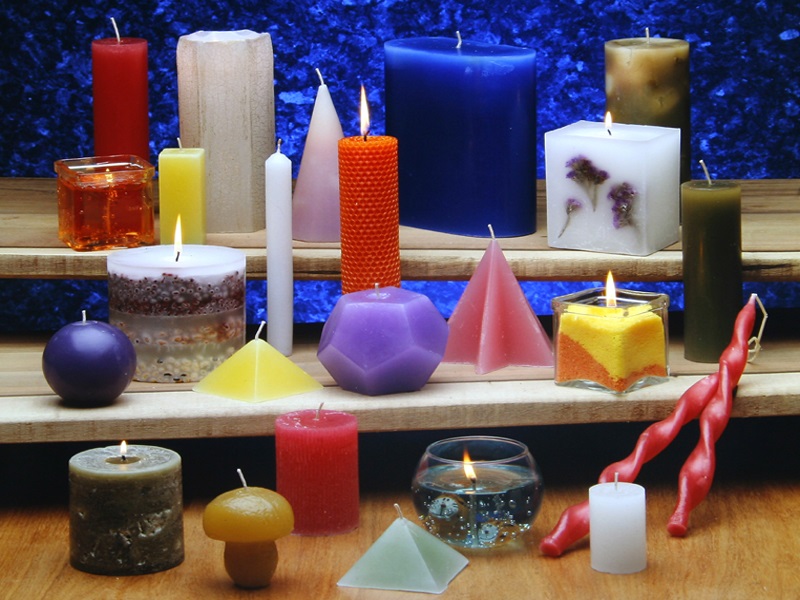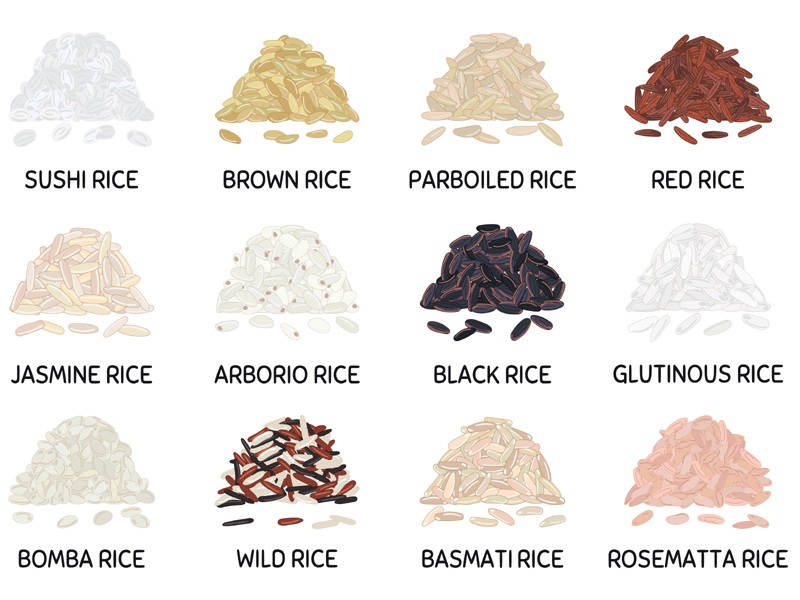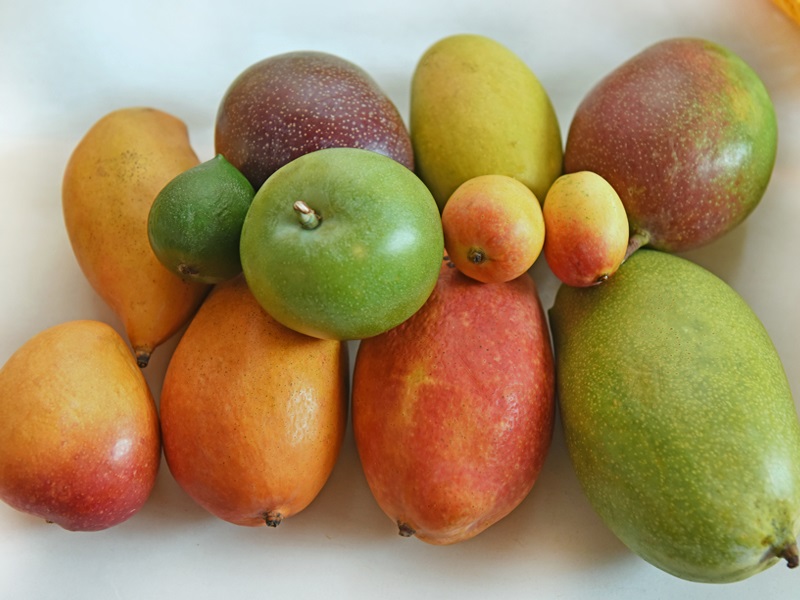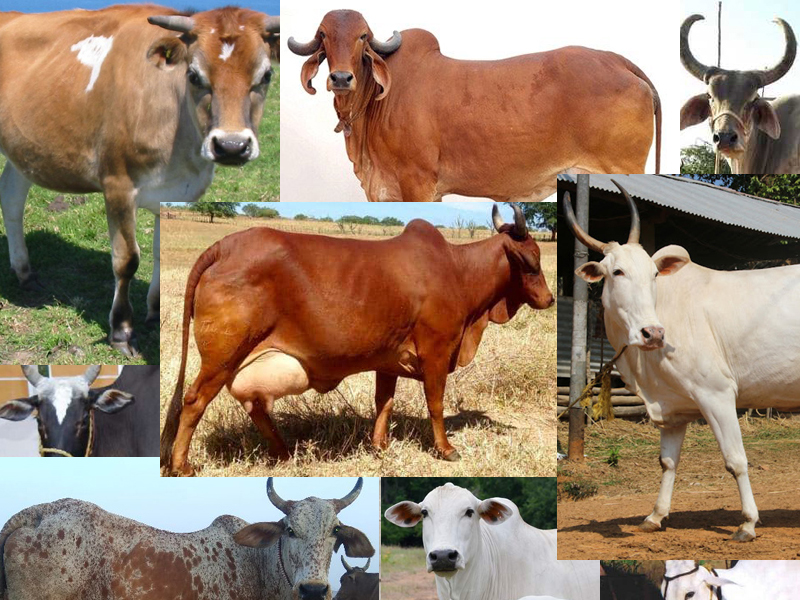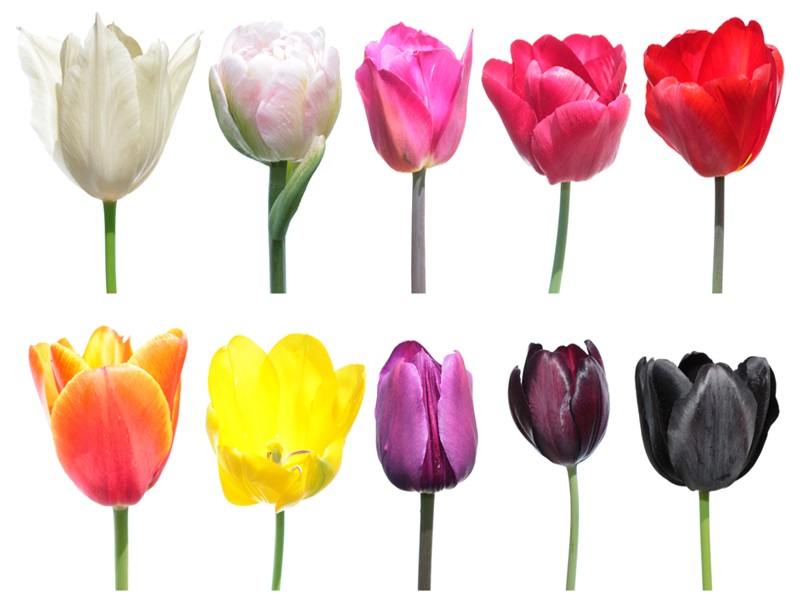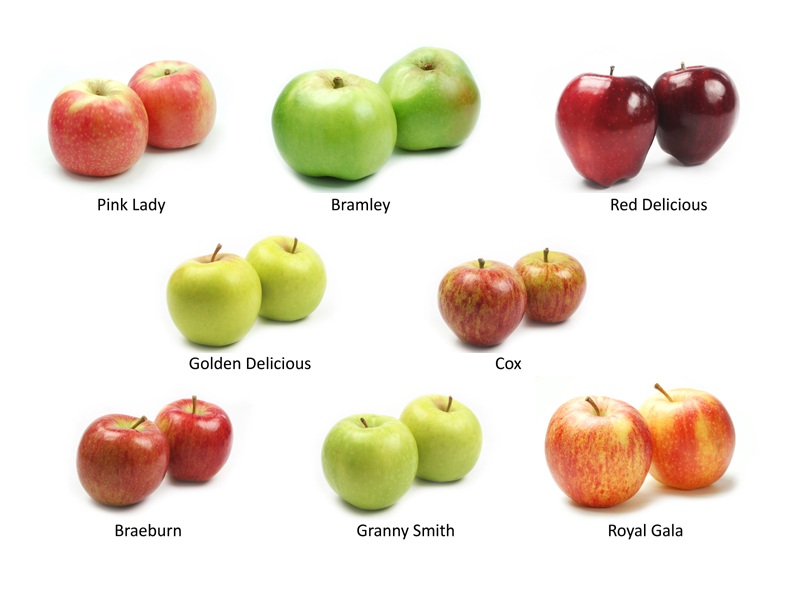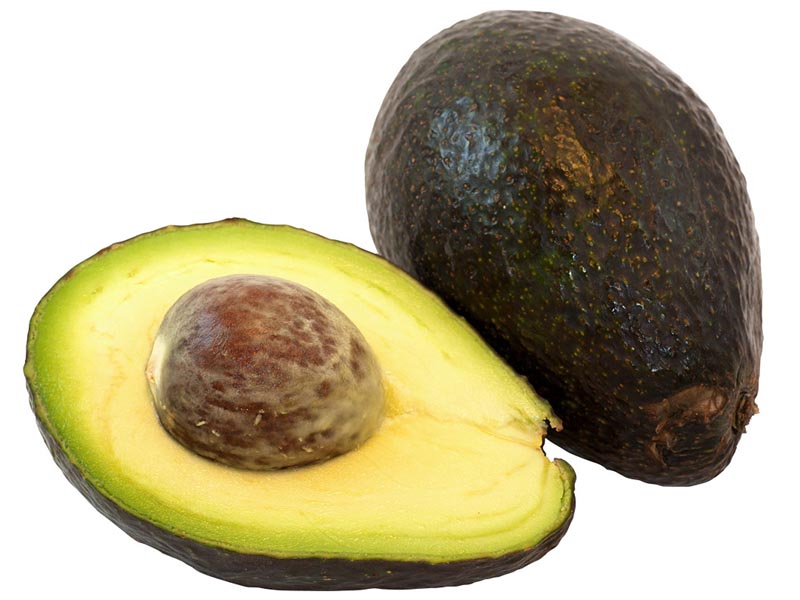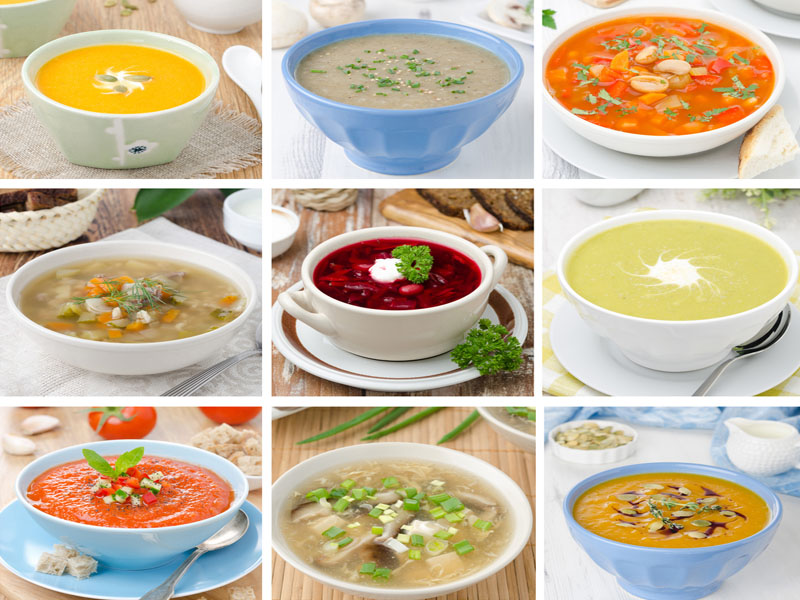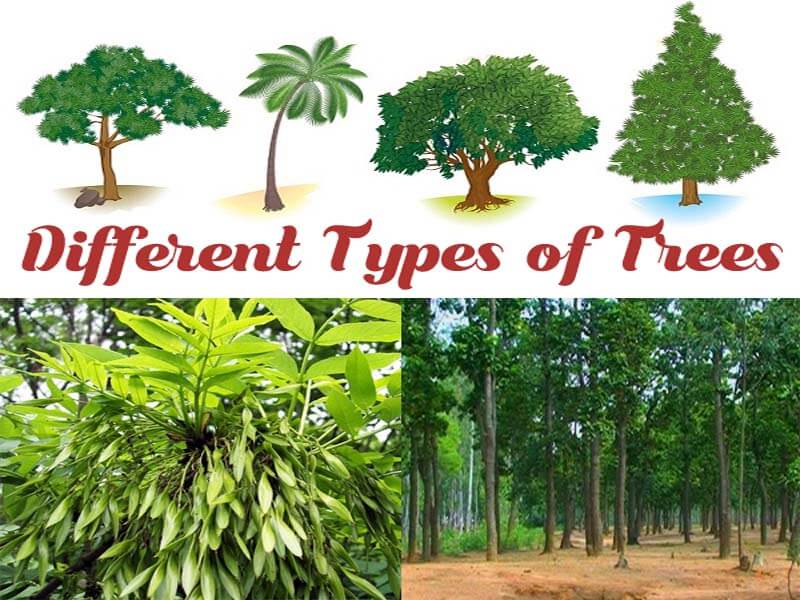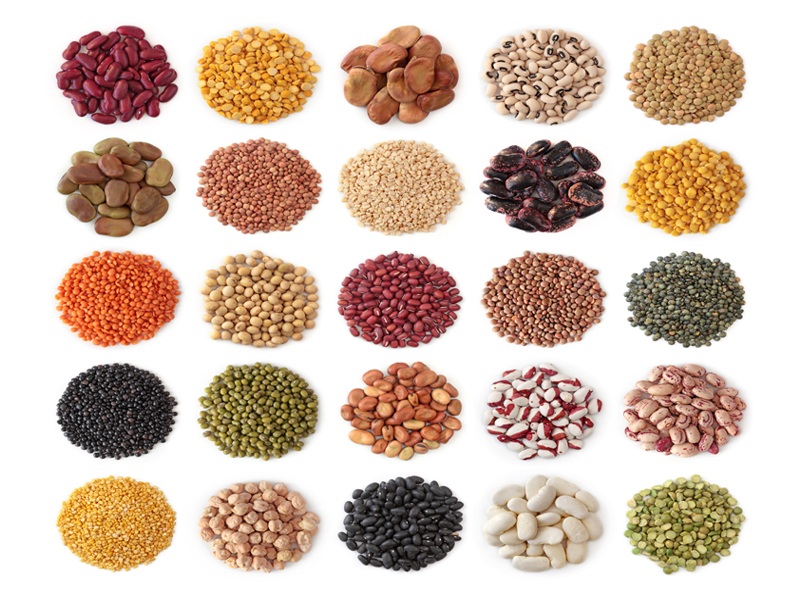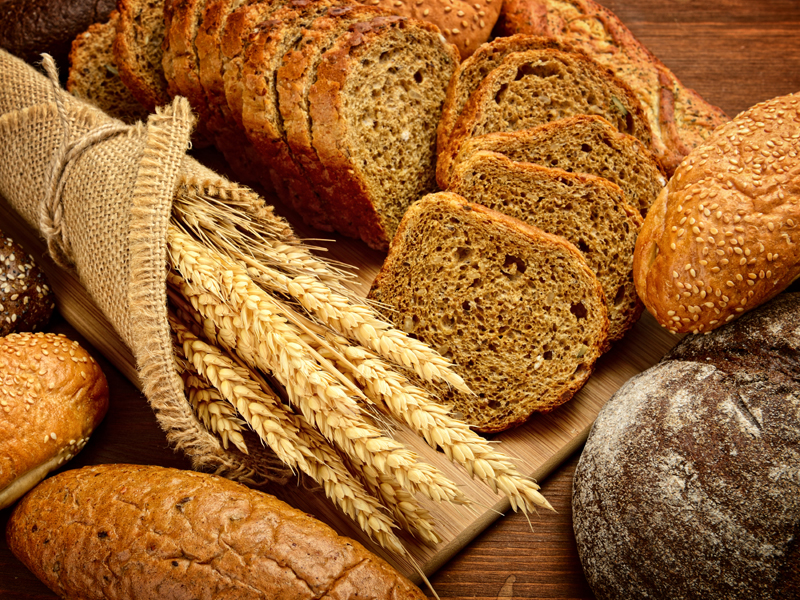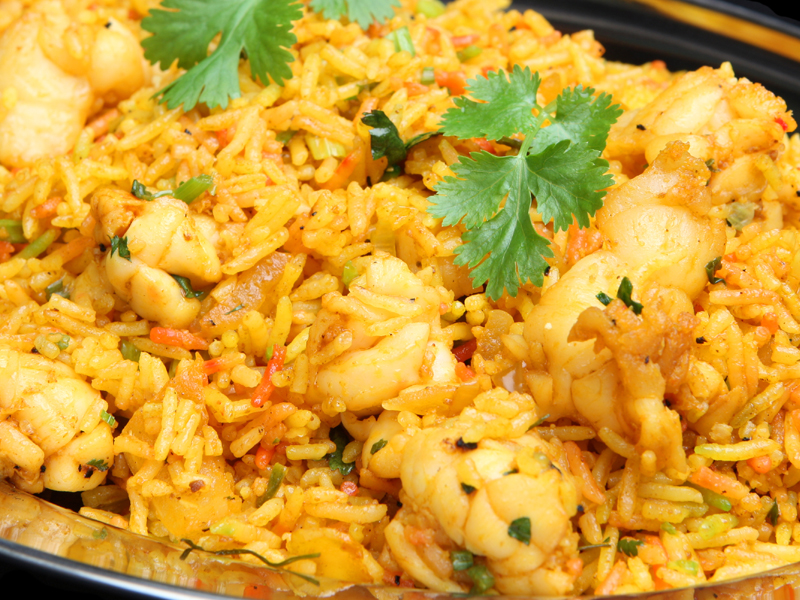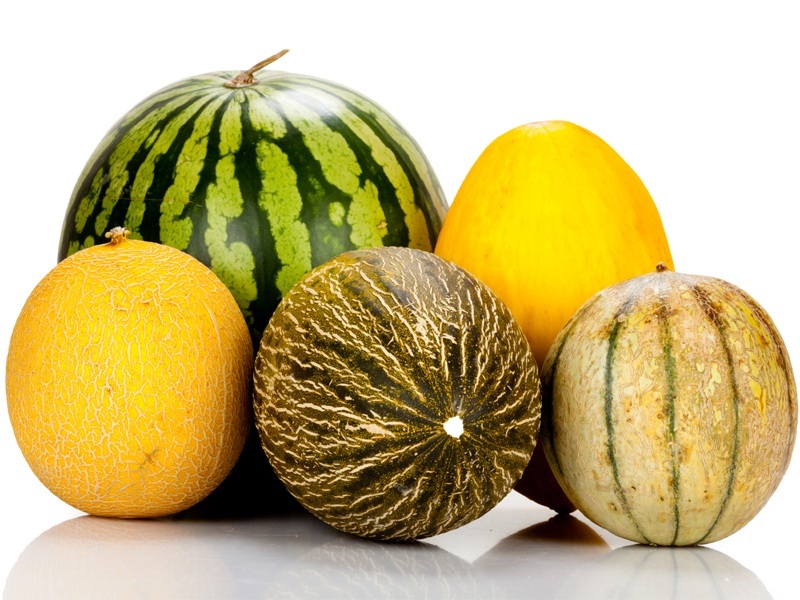Weddings in India are a treat to watch. They vary greatly across cultures, religion, region and castes. With India being steeped in rich traditional and cultural history, with great many religion and caste, it should come as no surprise, the different types of marriage. Although all of them vary in the way they carry out the ritual and tie the nuptial knot, one thing underlying the whole idea is the same, of bonding and unity. It is a promise made by the groom and the bride to stay together until death parts, a promise made in the presence of hundreds of near and dear ones and the almighty. While the communities have made progress in terms of the way they live, they however still hold on tightly to their traditional beliefs. But no! not all of them. Take a look at what we are talking about.
Wedding in India – The Types Of It:
Marriages in each culture is different from one another in various ways. Some are downright simple, while others are a pomp and show. In India, this is quite common. There are different types of marriages that vary in terms of time and money. Read below the types of marriages that people have now started to engage in.
1. Civil Marriage:
This one is the biggest progress in the Indian society. Civils marriages is solemnized by a Government official, without any religious ceremony. However, the conditions of civil marriage will vary from country to country. Some will require the bride and groom to get married first religiously, that is recognized by the state and then register. Civil marriage in India, permits marrying anybody they like and also stay away from religious ceremony if they wish to.
2. Religious Marriage:
As opposed to the civil marriage is the religious marriage. This is the most common one found in India.
a. It is usually performed in the temple if you are a Hindu. The wedding is carried over by the priest who chants hymns that will solemnize the marriage. The Hindus are also known to rent auditoriums for the purpose.
b. in a church if you are a Christian. The Father of the church carries out the ceremony with the near and dear ones occupying the seats of the church. He usually asks the bride and groom for their consent, before pronouncing them husband and wife.
c. in a mosque, if you are a Muslim. The Imam of the church will declare the bride and groom as husband and wife, thus solemnizing the wedding.
This one is deeply rooted in faith and all the activities and ceremonies are carried out as per the holy book or what they believe in. The marriage is witnessed by the near and dear ones and is more or less done grand and elaborate.
3. Court Marriage:
Court marriages are solemnized under Special Marriage Act. 1954. The marriage is performed between two parties irrespective of their caste, creed, colour or religion. The main difference is court marriage does away with traditional and religious ceremonies and the parties applies directly to the magistrate for a marriage certificate and for their registration of marriage.
While these may be the main kinds of carrying out a marriage, there are also many types of it depending on the culture you belong to.
1. The South Marriage:
The South marriage is the one that has varying cultures within them. Hinduism is characterized by a range of castes and each of them have their own way of working them out.
a. The Tamil Weddings: The Brahmin weddings are characterized by presence of rich rituals along with three-day long ceremony. They are elaborate and the air around the marriage resonates hymns and chants. The lavish spread of food is something to look forward to.
b. The Malayali Wedding:
The next of the kind is the Malayali wedding that radiates a lot of brightness with varying shades of gold and other vibrant colours. Their marriages are short and last not more than a day. The feast is a sumptuous delight to try that includes a local delicacy and cuisine.
c. Bengali Weddings:
Bengali weddings also span around four to five days and are rich with ceremonies and rituals. The sight is a visual treat with an influx of bright colours and merriment. They happen late in the night. Their food is a feast of various kinds of fish that are cooked with local spices.
d. Marwari Weddings:
They are elaborate and one step higher. The wedding and the post wedding ceremonies are elaborate and quite grand. They are marked by extravagant jewellery both on the bride and the groom. They offer a variety of food and the spread is too elaborate with no compromise made there.
2. Jain Weddings:
Jain weddings are known for their charity and philanthropy works. The bride and the groom’s family offer food and donation to the poor after their prayer in their temple. Some families offer clothing to the needy as per their choice. Jain weddings follow the ‘seven steps’ around the fire, which both the bride and groom take together. Once this is complete, they are pronounced husband and wife.
3. Buddhist Weddings:
Buddhist weddings are probably one of the weddings that takes the meaning of the word ‘simplicity’ seriously. The wedding only has some small rituals and prayers. There is no extravagant jewellery involved, neither too much expenditure. The temples are licensed to certify the groom and bride as husband and wife and that’s all about the wedding. There is no feast that follows.
4. Kashmiri Weddings:
Kashmiri weddings are unique and pretty. The groom is welcomed lavishly. After the ritual, the bride is given a warm welcome to her new home. There is also a ceremonial cleaning of the groom’s and bride’s home. They also have a series of religious rituals that are followed religiously.
Weddings are a true part and parcel that reflects much of our tradition and culture. While we as Indians have progressed much ahead, we still value our traditions and culture that show our traditional roots. The practices are deep rooted in history and each ritual has a story to tell. The bets part about all of them is the beauty and how varied the practices of unifying is portrayed.



